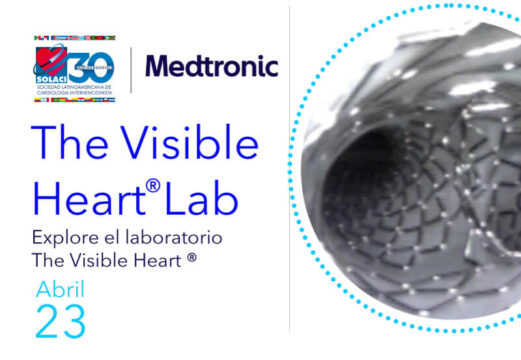Bedtime hypertensive therapy might reduce the risk of cardiovascular events according to this study soon to be published in Eur Heart J. However, despite showing significant risk reduction this hypothesis calls for further study before radically changing the usual upon awakening therapy.

Taking the prescribed medication before bedtime could allow our bodies to naturally follow its circadian rhythms, boosting medication effect, improving blood pressure control and, ultimately, reducing cardiovascular events.
This study is, without question, the largest to assess blood pressure medication time intake and the one with longest follow-up. It was carried out in several primary healthcare centers and, therefore, should reflect the daily practice.
The Hygia Chronotherapy Trial randomized over 19000 hypertensive patients to taking medication upon awakening (angiotensin blockers, angiotensin converting enzyme inhibitors, calcium blockers, beta blockers and/or diuretics) vs. at bedtime.
Read also: Prosthesis Mismatch in Supra and Intra Annular valves.
After a mean 6.3-year follow-up, patients taking their medication before going to bed had better systolic and diastolic blood pressure control.
In addition, a much smaller group of patients taking medication at bedtime qualified as “nondippers” (when blood pressure drops less than 10% while sleeping) vs. morning intake (37% vs 50%, p=0.001).
Finally, and most importantly, bedtime therapy reduced 45% primary end point risk, a composite of cardiovascular death, acute MI, coronary revascularization, cardiac failure and any stroke (p<0.001).
Some of the study data raises questions about the fact that bedtime therapy did not change daytime blood pressure readings vs. morning therapy.
Read also: Subintimal vs. Intraplaque Coronary Rechanneling. Do Results Vary?
For some experts, it seems hard to explain why reducing blood pressure while sleeping translates in such a significant reduction in events. One possible explanation, that requires validation, is that reducing blood pressure during sleep-time might have a pleiotropic effect that exceeds reduction readings per se.
Original title: Bedtime hypertension treatment improves cardiovascular risk reduction: the Hygia Chronotherapy Trial.
Reference: Hermida RC et al. Eur Heart J. 2019; Epub ahead of print.
Get the latest scientific articles on interventional cardiologySubscribe to our weekly newsletter
We are interested in your opinion. Please, leave your comments, thoughts, questions, etc., below. They will be most welcome.



